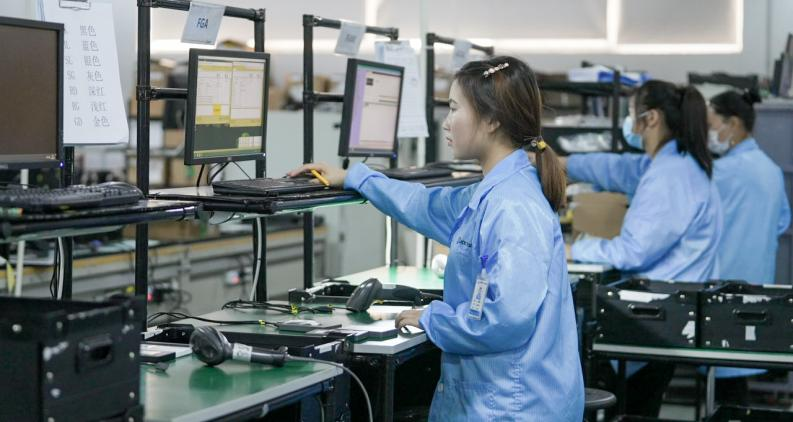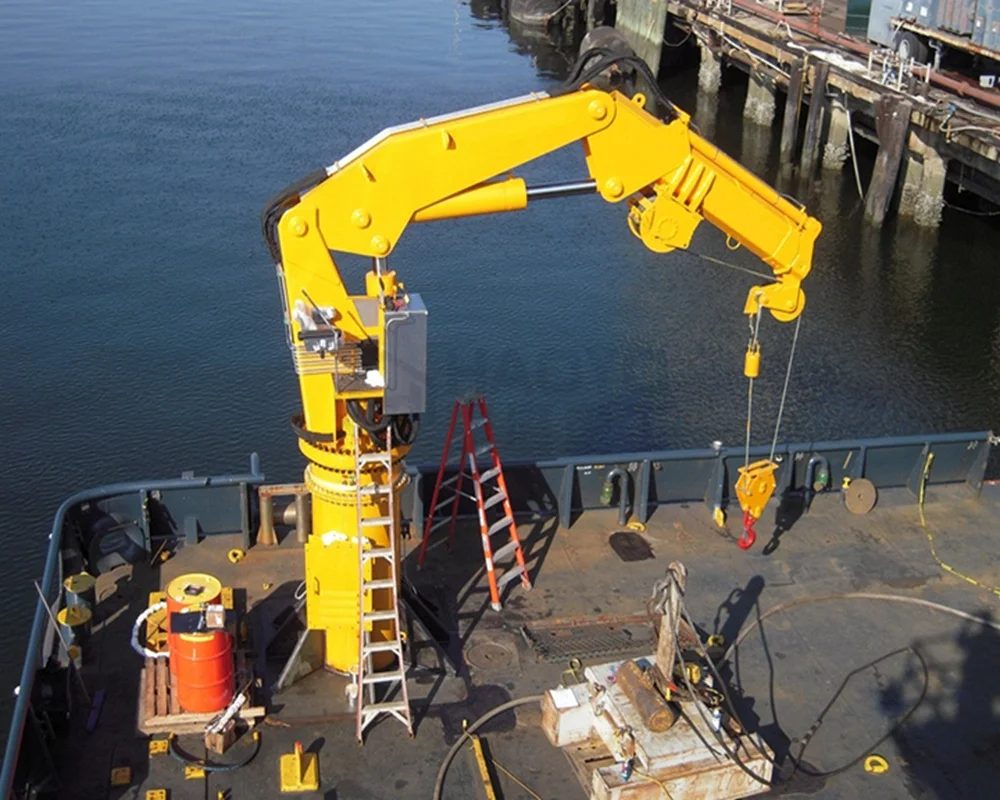In today's rapidly evolving world, the electronics industry plays a pivotal role in shaping our lives. From smartphones to smart homes, we are witnessing a technological revolution that shows no signs of slowing down. In this blog post, we will explore the exciting possibilities and advancements that await us in the future of electronics.
- Miniaturization and Wearable Technology:
One of the most noticeable changes in the future of electronics will be the continued miniaturization of devices. As technology becomes smaller and more efficient, we can expect to see wearable devices seamlessly integrated into our daily lives. From smartwatches monitoring our health to smart clothing that adapts to our environment, the possibilities are endless. These advancements will not only enhance convenience but also revolutionize industries such as healthcare and fitness. - Internet of Things (IoT) and Connectivity:
The Internet of Things has already begun to transform the way we interact with our surroundings, and its impact will only grow in the future. With the increasing connectivity of devices, our homes, cities, and workplaces will become smarter and more efficient. Imagine a world where your refrigerator can automatically order groceries or your car can navigate traffic based on real-time data. The integration of IoT will not only enhance convenience but also improve energy efficiency and sustainability. - Artificial Intelligence (AI) and Machine Learning:
Artificial Intelligence and Machine Learning are poised to revolutionize the electronics industry. As AI algorithms become more sophisticated, our devices will become smarter and more intuitive. From voice assistants that understand natural language to personalized recommendations based on our preferences, AI will enhance the user experience and make our devices an extension of ourselves. Additionally, AI-powered automation will streamline processes in various industries, leading to increased productivity and efficiency. - Renewable Energy and Sustainability:
The future of electronics will also be characterized by a shift towards renewable energy sources and sustainable practices. As concerns about climate change grow, the industry will focus on developing energy-efficient devices and reducing electronic waste. Advancements in solar and battery technologies will enable devices to operate for longer periods without relying on traditional power sources. Furthermore, eco-friendly materials and manufacturing processes will become the norm, ensuring a greener future for electronics.
Conclusion:
The future of electronics holds immense potential for innovation and transformation. From miniaturization and wearable technology to the integration of IoT and AI, our lives will be enriched by smarter, more connected devices. As we embrace renewable energy and sustainable practices, the electronics industry will play a crucial role in creating a more environmentally conscious world. Exciting times lie ahead, and it is up to us to embrace and shape the future of electronics.







